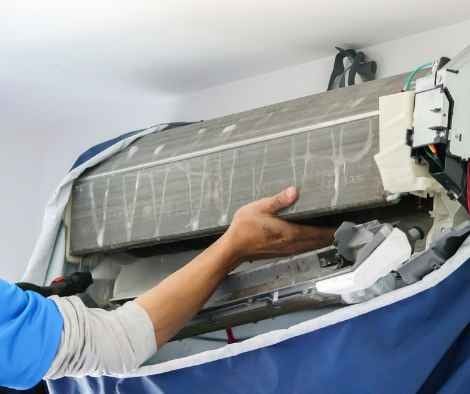520-629-9676
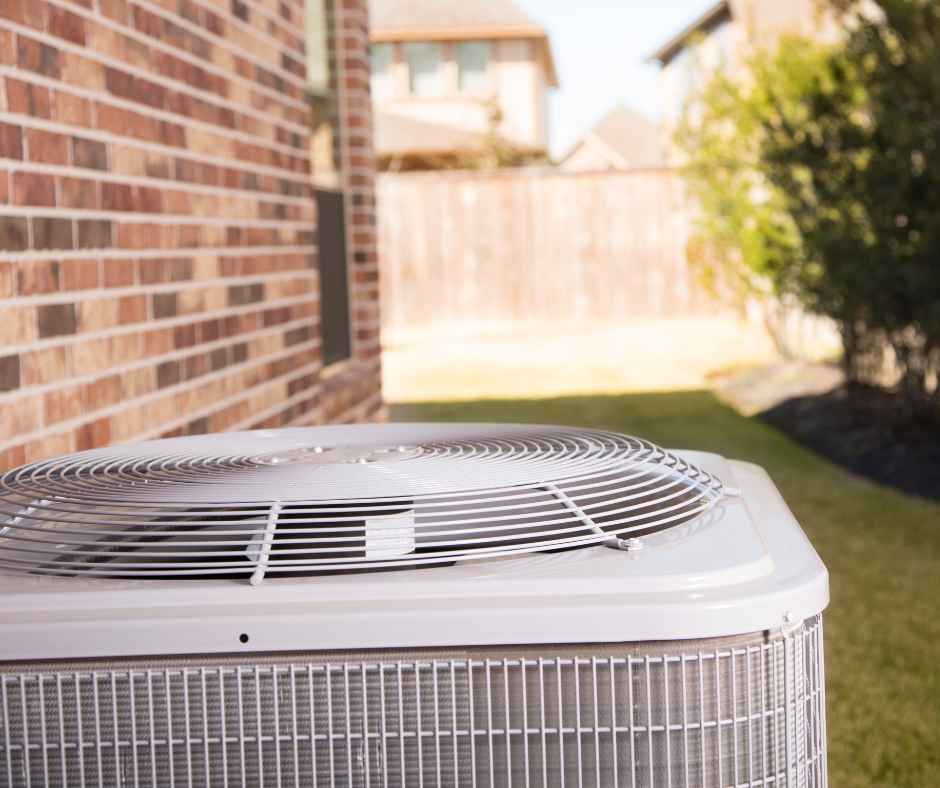
Identifying & Preventing HVAC Freeze-Ups in Arizona’s Cool Nights
It might seem unlikely, but even in Arizona’s warm climate, HVAC systems can freeze up—especially during those cooler desert nights. When temperatures drop suddenly after a hot day, your air conditioner can struggle to adjust, leading to unexpected ice buildup and reduced performance. For homeowners in Tucson and across the state, this surprising issue can cause big problems if left unchecked. A frozen HVAC unit can restrict airflow, reduce energy efficiency, and even damage system components. Fortunately, with the right knowledge and preventive care, freeze-ups are completely avoidable.
In this blog, we’ll help you identify the warning signs of an HVAC freeze-up, understand why they happen during Arizona’s cool nights, and show you how to prevent them with expert tips and help from Russett Southwest.
Why HVAC Systems Freeze in Arizona’s Cool Nights
It’s easy to associate HVAC freeze-ups with colder climates, but they can happen just as easily in the desert—especially in regions like Tucson where dramatic temperature swings are common. During the day, your air conditioner may run for hours to combat the intense heat. But once the sun goes down, temperatures can quickly dip into the 50s or even 40s, especially during spring and fall. This sudden shift can create the perfect conditions for freezing within your HVAC system.
When the air surrounding the evaporator coil becomes too cold, and there’s moisture in the system, that moisture can condense and freeze. This restricts airflow, which in turn causes the coil to become even colder, leading to more ice buildup. It’s a cycle that worsens with time—and it doesn’t take below-freezing outdoor temperatures for it to begin.
Other factors that contribute to freeze-ups include poor airflow from dirty filters, low refrigerant levels, or blocked vents. These problems are common in Arizona homes that run their systems almost year-round. Even small issues can compound quickly in a climate where HVAC systems are rarely given a break.
The important takeaway? Just because it’s Arizona doesn’t mean your system is immune. If anything, the stress placed on cooling systems makes them even more vulnerable to nighttime freeze-ups, especially if maintenance has been overlooked.
Signs Your HVAC System Might Be Freezing Up
Catching a freeze-up early can save you from major repairs, discomfort, and higher energy bills. While ice forming on your air conditioner may seem like something you’d never encounter in Arizona, the signs are often subtle—and easy to miss until performance declines.
Warning Signs to Watch For
One of the most common red flags is weak or no airflow coming from your vents, even when the system is running. If your AC is on but rooms feel stuffy or don’t cool down, it may be due to ice restricting air movement through the evaporator coil. Another telltale sign is visible ice buildup—either on the outdoor unit or the indoor coil (usually located near your furnace or air handler).
You might also notice pools of water forming near your unit as the ice melts. Strange noises like hissing or bubbling could indicate a refrigerant issue, which is often linked to freeze-ups. In some cases, the signs show up on your energy bill: a system that’s frozen is often working harder than usual, leading to unexplained increases in energy costs.
What Causes These Signs
Several issues can contribute to these symptoms. Low refrigerant levels can reduce pressure in the evaporator coil, making it easier for the coil to get too cold and freeze. Dirty air filters restrict airflow, which causes the temperature in the coil to drop below freezing. Likewise, clogged or dusty coils, blocked vents, or malfunctioning fans can all reduce airflow and trigger a freeze-up.
And then there’s the climate factor: in Arizona, the extreme drop in temperature at night can shock your system, especially if your thermostat is still calling for cool air as temperatures fall outside. These sudden shifts can push your AC past its limits and kick off the freezing cycle—especially in an unmaintained or overworked system.
What to Do If Your HVAC Unit Freezes
If you suspect your air conditioner has frozen up, the worst thing you can do is ignore it. Continuing to run a frozen system can lead to further damage—not to mention high energy bills and poor comfort. Fortunately, there are immediate steps you can take to minimize the impact and get your system back on track.
Immediate DIY Steps
The first thing to do is turn off your HVAC system completely, especially the cooling function. Letting the ice melt is essential before any further troubleshooting can happen. Once it’s off, switch your system’s fan setting to “on” (rather than “auto”) to keep air circulating. This can help speed up the thawing process.
While the system defrosts, take a moment to check your air filters. If they’re dirty or clogged, replace them with clean ones—restricted airflow is one of the most common causes of freeze-ups. You can also carefully inspect the evaporator coil and surrounding area for visible ice or excess condensation. Use towels or a wet/dry vac to clean up any water to prevent additional damage to nearby components or flooring.
Avoid chipping away at the ice or using heat sources to melt it faster—this can cause more harm than good. Instead, let the system thaw naturally before restarting it.
When to Call a Professional
If your unit freezes again after you’ve changed the filter and restarted it, it’s time to call a licensed HVAC technician. Persistent freezing can indicate low refrigerant, leaks, or mechanical issues that require expert repair. If the coils keep icing up, even after basic maintenance, that’s a sign your system needs a more thorough inspection.
Also call for help if you hear unusual noises, notice reduced cooling over time, or suspect that airflow issues are coming from inside the ductwork or blower fan. These aren’t problems a DIY fix can solve—and the longer they’re left alone, the worse (and more expensive) they can get.
How to Prevent HVAC Freeze-Ups in Arizona
Preventing HVAC freeze-ups in Arizona is all about balance—keeping your system clean, well-maintained, and properly set for the unique temperature swings of the desert climate. While the days may call for strong cooling, the cooler nights require adjustments that keep your system from overworking or icing over.
Seasonal Maintenance Tips
Routine maintenance is your first line of defense against freeze-ups. Begin each cooling season by scheduling a professional HVAC inspection, which includes checking refrigerant levels, cleaning coils, and ensuring all components are running smoothly. Between visits, replace your air filters monthly, especially during high-use periods, to maintain proper airflow.
Keep the area around your indoor and outdoor units clear of dust, dirt, and debris. Dirty coils can’t absorb heat effectively, which can lead to freezing. Also, make sure return vents and supply vents aren’t blocked by furniture or drapes—unobstructed airflow is essential to preventing coil temperatures from dropping too low.
If you live in a home with older ductwork or minimal insulation, it may be worth having a professional inspect for leaks or air restrictions. Poor duct design or gaps can throw off pressure and temperature regulation, increasing your risk of a freeze-up.
Smart Thermostat & Nighttime Settings
In Arizona, the drop in nighttime temperatures can catch your HVAC system off guard. To compensate, avoid setting your thermostat too low overnight, especially during transitional seasons when daytime heat quickly turns to evening chill.
Using a smart thermostat can help maintain a more consistent indoor climate while preventing extreme swings. Try raising your thermostat by 2–3 degrees before bed, and keep it in “auto” mode rather than “on” so the system cycles off when not needed. This small adjustment can go a long way in preventing your coils from overcooling during the night.
With the right habits and settings, Tucson homeowners can protect their HVAC systems from freeze-ups year-round—and enjoy reliable comfort without the surprise of a frozen AC.
Why Russett Southwest Is Your Freeze-Up Fix Expert
When HVAC issues like freeze-ups strike, you need a trusted partner who understands the unique challenges of Arizona’s climate. Russett Southwest has been serving Tucson homeowners for decades, and we know that problems like overnight coil freezing aren’t just seasonal quirks—they’re symptoms of deeper system imbalances that require expert care.
Our Approach to Diagnosing HVAC Problems
Our trained technicians start with a comprehensive inspection of your entire HVAC system—from filters and ductwork to coils and refrigerant levels. Using advanced diagnostic tools, we look for signs of airflow restriction, low refrigerant pressure, or component malfunction. We don’t just defrost the unit and call it a day—we dig deeper to understand why the freeze-up happened and what can be done to prevent it from happening again.
Because we specialize in Arizona homes, we’re familiar with the extreme day-to-night temperature swings that can cause systems to behave unpredictably. Whether your system is older or brand new, we tailor our service to address the environmental factors that matter most in the desert.
Ongoing Support and Maintenance Plans
To help prevent future freeze-ups, we offer seasonal tune-ups and custom maintenance plans that ensure your system is always in peak condition. Our maintenance programs include priority scheduling, system cleanings, refrigerant checks, and performance monitoring—all designed to keep your AC running smoothly through every season.
With Russett Southwest on your side, you don’t just get emergency help—you get long-term HVAC health. We give Tucson homeowners peace of mind by combining professional service with local knowledge, reliable support, and a commitment to indoor comfort.
Stay Ahead of Freeze-Ups with Russett Southwest
HVAC freeze-ups might not be the first thing that comes to mind when you think of Arizona’s climate, but they’re a real risk—especially during cool desert nights. Whether it’s due to poor airflow, refrigerant issues, or rapidly falling temperatures, a frozen AC can interrupt your comfort and drive up your energy bills if left unaddressed.
The good news? With the right knowledge, maintenance habits, and expert support, freeze-ups are entirely preventable. By adjusting your thermostat settings, keeping your system clean, and scheduling regular inspections, you can keep your HVAC running smoothly year-round.
If your system has frozen up before—or you want to make sure it never does—contact Russett Southwest. Our Tucson-based team knows exactly how to handle Arizona’s unique HVAC challenges. From diagnostics to preventative maintenance, we’ll help you stay cool, efficient, and worry-free through every season.
Recent News
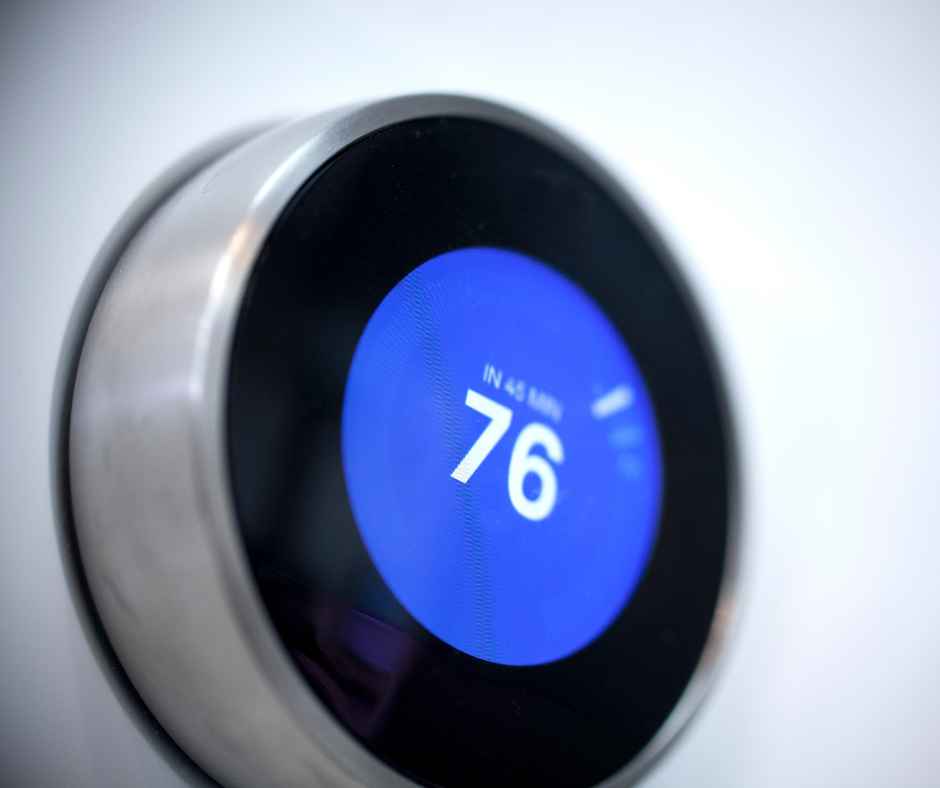
How Much Can a Smart Thermostat Reduce Your Tucson Energy Bill?
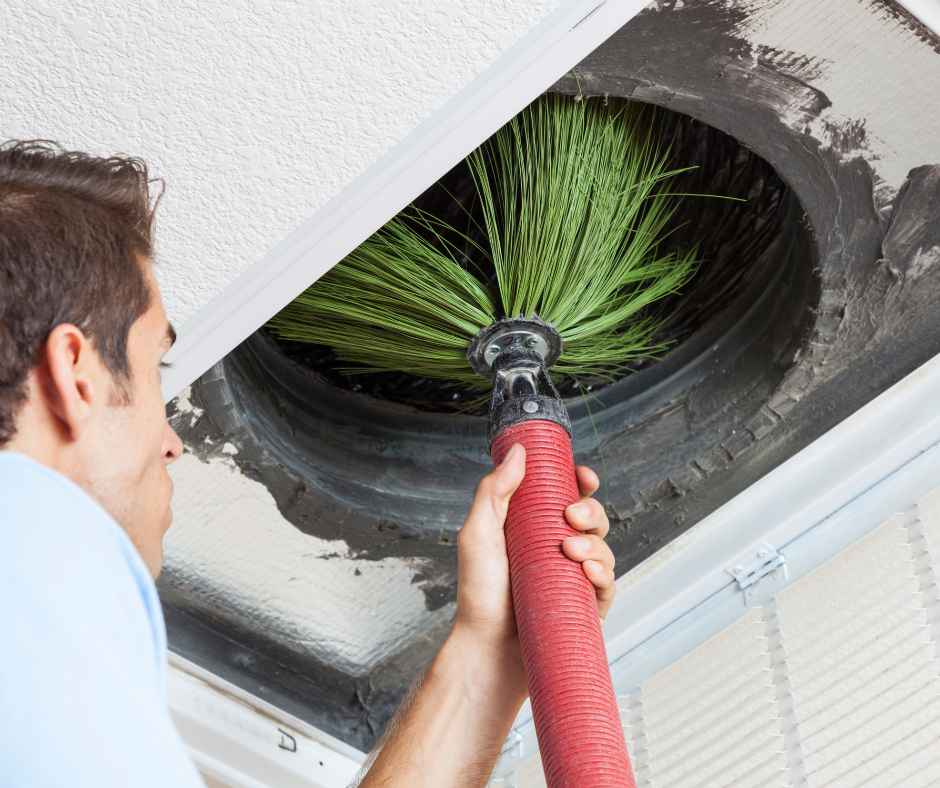
DIY or Hire? The True Cost of Professional Duct Cleaning in Tucson
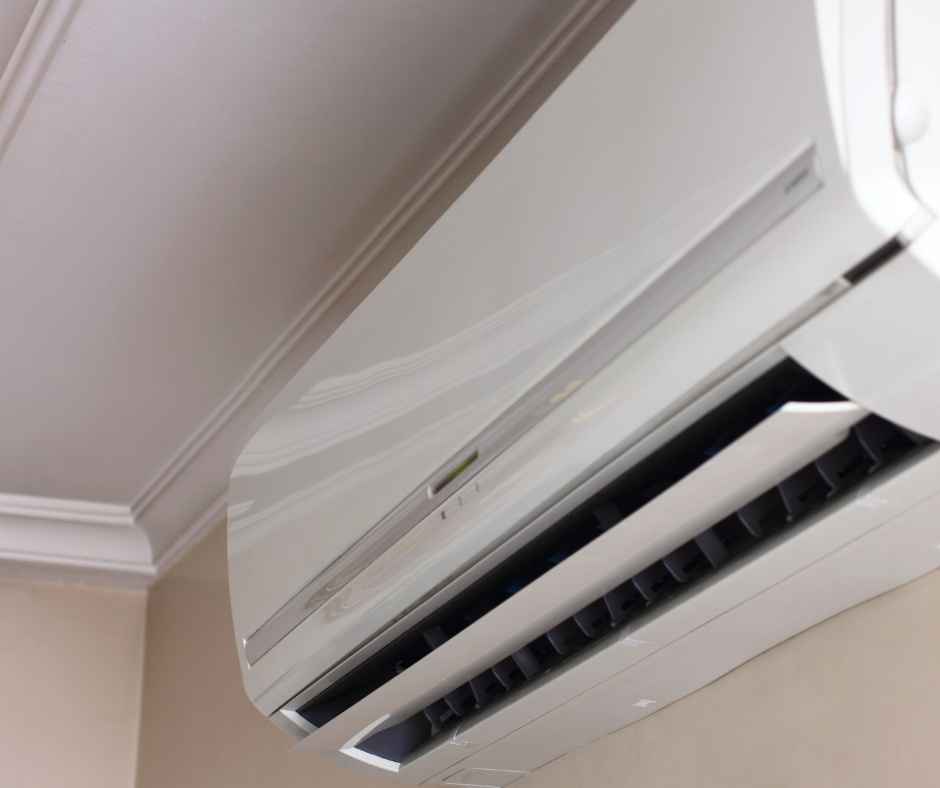
Ductless Mini-Split vs Central AC — Which Saves More in 115°F Heat?
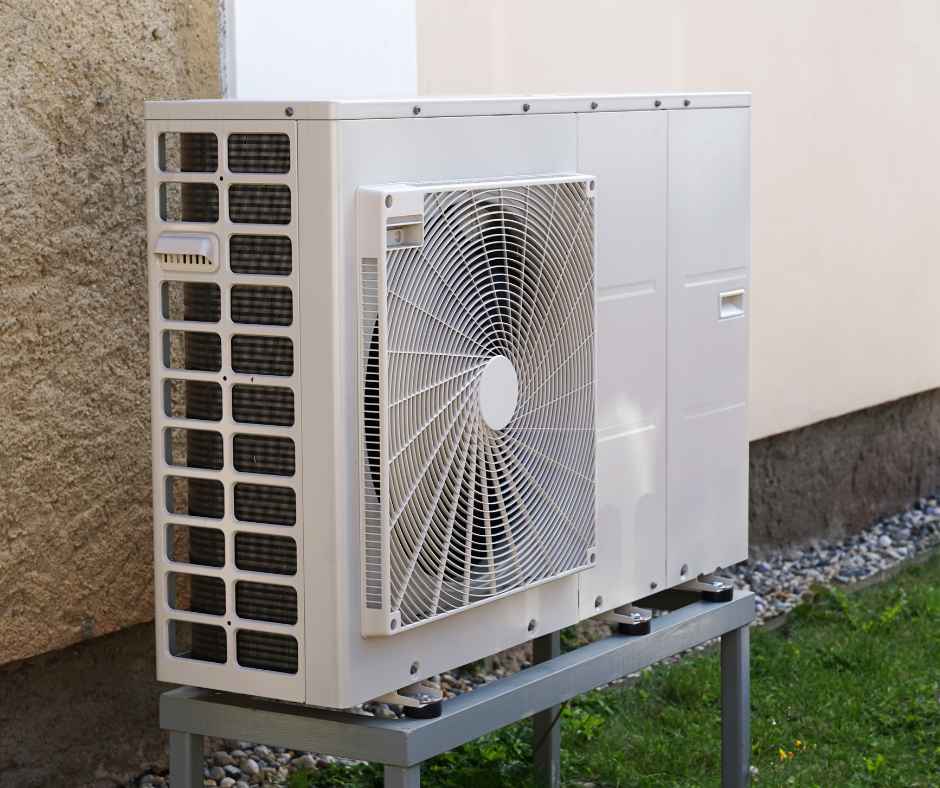
Tucson Homeowner’s Guide: Heat Pump Costs, Rebates & Savings in 2025

Do Dust & Pollen Force You to Upgrade Your Indoor Air Quality System?
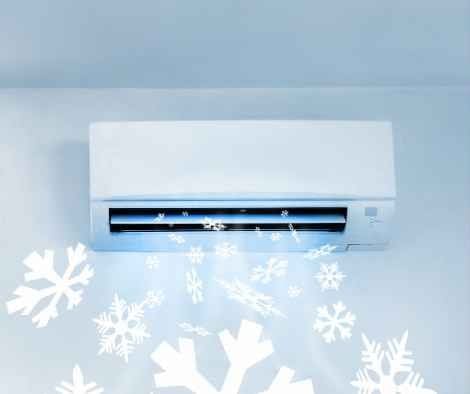
What Causes an Air Conditioner to Freeze Up?
